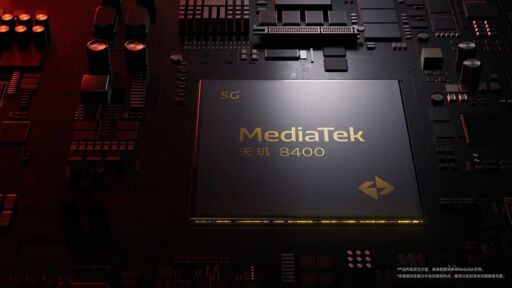The Dimensity 8400 incorporates the Cortex-A725 all-large-core architecture, which dramatically enhances its capabilities. This architecture delivers a 10% improvement in single-core performance while achieving a remarkable 35% reduction in power consumption compared to its predecessor. The CPU configuration includes one high-performance core clocked at 3.25GHz, three performance cores running at 3.0GHz, and four efficiency cores operating at 2.1GHz. With eight Arm Cortex-A725 CPU cores, a 5MB system cache, and a 6MB L3 cache, the chip achieves a multi-core performance boost of up to 32%, further solidifying its place as a powerhouse in the mobile chipset industry.
Power efficiency is another standout feature of the Dimensity 8400. Multi-core power consumption has been reduced by an impressive 44% compared to the previous generation. This efficiency extends across various everyday use cases, including gaming, music playback, video recording, and social interactions, offering users a longer-lasting and more reliable experience on their devices.
In the realm of graphics, the Dimensity 8400 features the Arm Immortalis G720 MC7 GPU, which operates at 1.3GHz. This GPU introduces hardware-level ray tracing and delivers a peak performance improvement of 24% while reducing power consumption by 42% compared to its predecessor. These advancements promise a richer and more immersive visual experience for users, particularly in gaming and multimedia applications.
AI capabilities are another area where the Dimensity 8400 shines. Equipped with the eighth-generation NPU 880, the chip offers a 54% improvement in AI performance over the previous generation. It integrates MediaTek’s Dimensity AI intelligent engine, enabling versatile end-side model applications and expanding the scope of AI-powered functionalities for smartphones.



True, but the problem is the article doesn’t say which CPU it replaces. And it can be hard to remember the naming schemes of all the different makers.
It’s so highly specked it looked almost like a flagship, but the 4nm confused me.
Pretty bad IMO that the article doesn’t even mention the name of the CPU they compare it to.